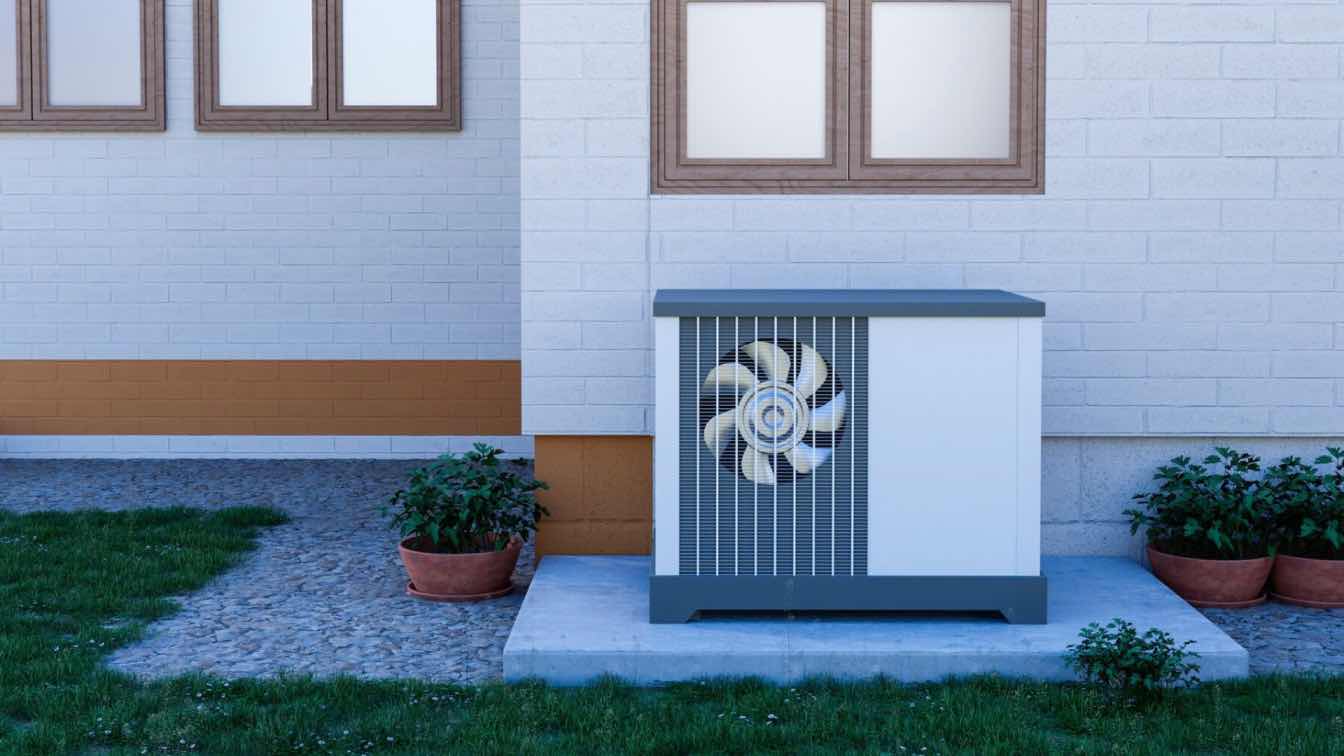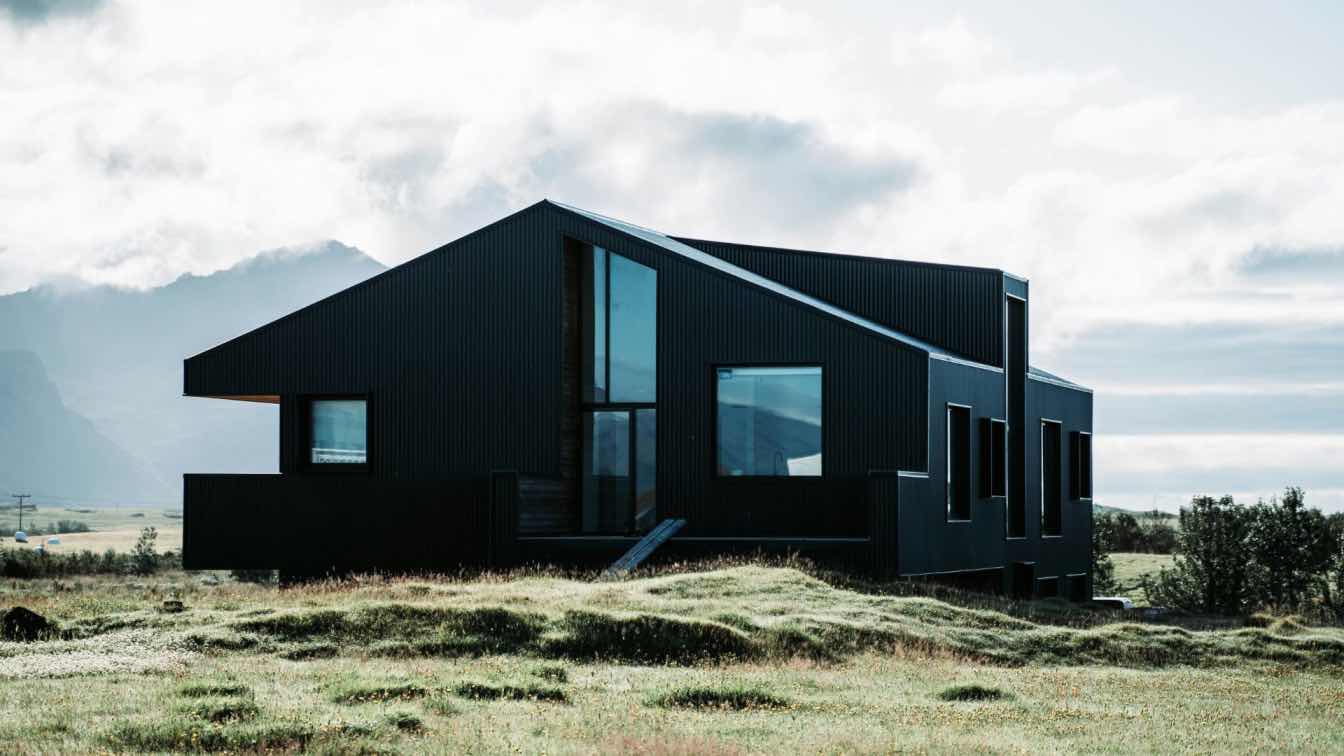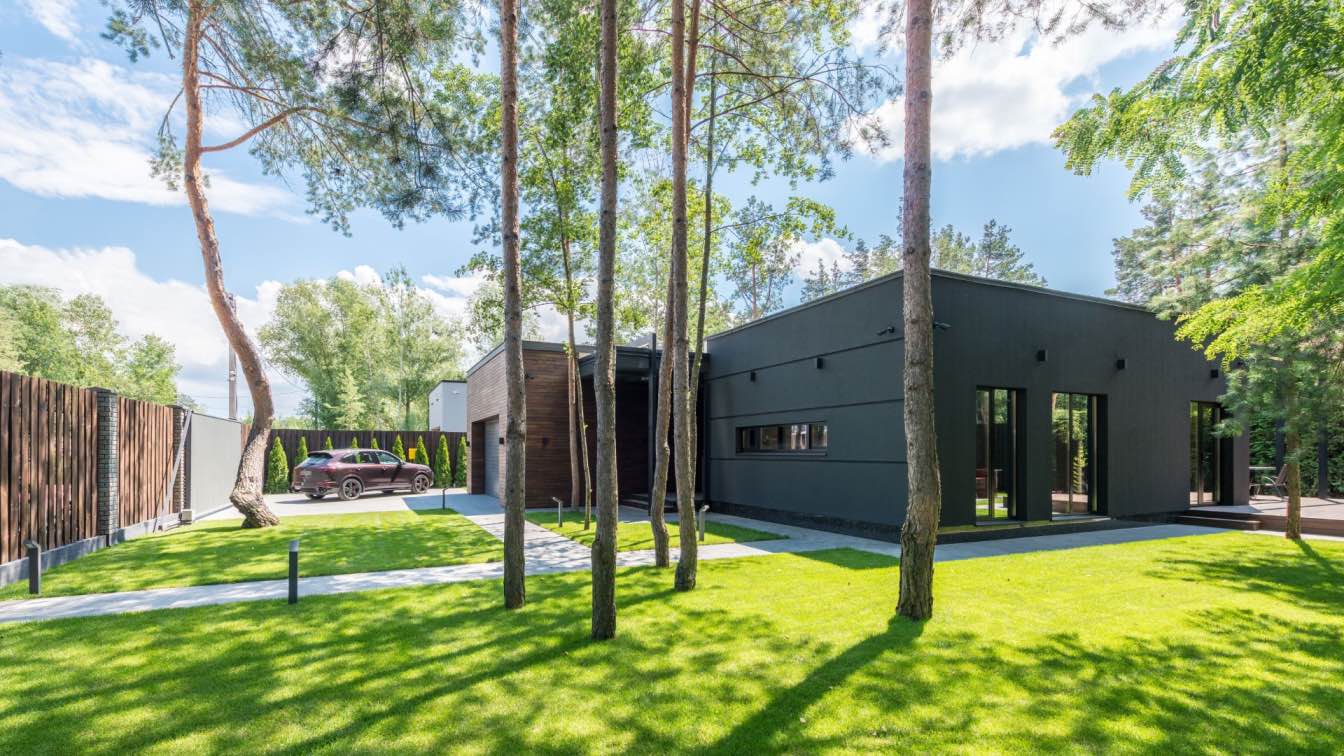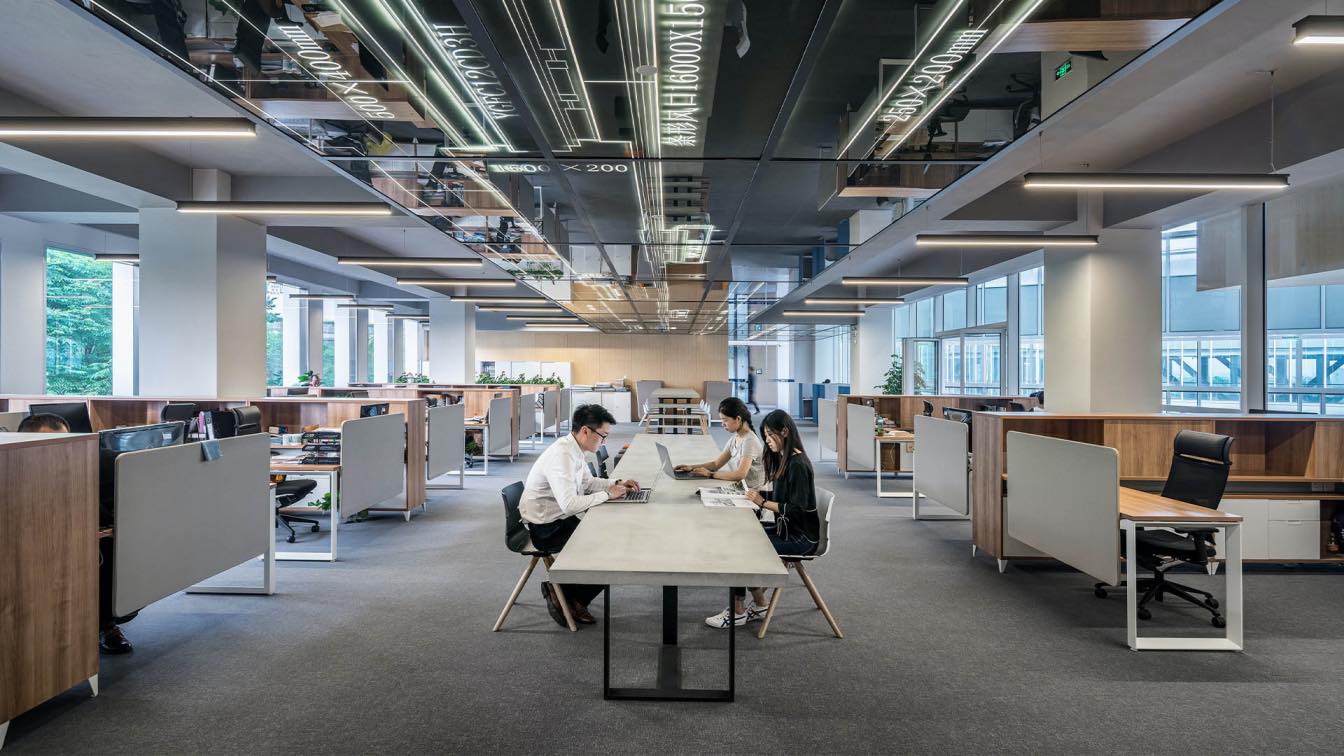The main reason for the popularity of HVAC systems is that it provides fresh air ventilation and thus improves indoor air quality. In addition to cooling and heating, such systems remove bacteria, dust, smoke, moisture, and other such allergens from the inside, providing an optimal indoor environment for your building. If you are interested in installing or replacing an HVAC system and are looking for an HVAC cost estimator, this article is for you.
What's Included in an HVAC System?
The main components of HVAC systems are the elements that provide heating, ventilation, and air conditioning. In the heating part, pipes and air ducts will provide air heating. The ventilation part provides fresh air to improve the air quality inside buildings. This is most often used to remove stale air from inside and bring in clean air. Finally, part of the air conditioner is to supply cool air and remove warm air from the inside to the outside.
You might be wondering if there is a difference between an air conditioner and an HVAC system. There is a difference. Air conditioning is a limited system, but HVAC is a complete system that provides many benefits. Additionally, the air conditioner is part of the HVAC system.
Types of Ventilation And Air Conditioning Systems
Before purchasing a heating-cooling system, it is important to know which type of HVAC system is best for your needs and living environment.
Single Stage System
This is a budget option that is focused on providing cooling or heating. This type of system is preferable for those who live in climates that are hot or cold. The downside to this system is that they are ineffective. Advanced versions can adjust the fan speed to improve efficiency, but they come at a cost in the long run.
Zoned Systems
These systems provide cooling or heating to specific areas of the building. There are zone valves inside the vents that are used to block the air flow in a specific area. It is efficient and effective for large buildings.
Ductless Split System
As the name suggests, this system does not operate through ducts. This is a good choice for providing buildings with ductless heating. And it is also good for rooms where air ducts cannot be easily installed.
Humidity Control Systems
HVAC systems also provide humidifiers as well as dehumidifiers. This is necessary for dry, tropical areas.
Heating Systems
There are different types of systems that provide heating:
- There are furnace-type systems that release heat through air ducts, working by burning substances. Propane or natural gas is used for this.
- Boilers, on the other hand, use oil or gas to heat water and provide hot air.
- A hydronic heating system is another type that provides heat through pipes installed under the floor. This is an effective way to heat a room.
How Does the HVAC System Work?
Cooling and heating systems are an important part of the building, the failure of which causes great problems. The HVAC system performs three important functions. Below are the most important parts of an HVAC system that provide cooling or heating.
Thermostat
The cycle begins with this part. Air is drawn in, which is then filtered and supplied to the main components.
Filter
This is the part that filters the intake air. It is important to change filters regularly. So that dust and dirt do not cause problems.
Blower
This part is responsible for moving warm air through the main component of the system. A reliable system will move air efficiently.
Air Ducts
These are passages through which cooled or heated air passes. It should be cleaned regularly for 2–5 years.
Electrical Component
This is an important part that keeps your HVAC system running.
External Components
It is located outside and consists of a fan that circulates air. It should be kept clean so that the fan does not suck in unnecessary or dangerous objects.
Compressor
This is the part of the outdoor component that converts the refrigerant into liquid form, which then flows into the coils.
Reels
The refrigerant and coils cool the air passing through them. Coils should be checked for sticking.
Exhaust Ports
This part displaces the air that is produced by the heating system.
How Long Does an HVAC System Last?
So now you understand the HVAC system, its types, and how it works. You're probably wondering: How long will this system last? Well, it all depends on the type of system you have and the company you purchased it from. If you want to use your HVAC system for several years, we recommend that you use the equipment correctly and regularly carry out system maintenance.
How Much Does it Cost to Install or Replace HVAC Systems in 2024?
Whether you're looking to install an HVAC system for the first time or replace aging equipment, you're probably wondering about the cost of equipment replacement and installation.
In fact, the cost is influenced by many factors, including:
- house size,
- type of HVAC system,
- BTU rating
- fuel type
- the region where you live,
- labor cost.
The average cost to install an HVAC system ranges from $7,200 to $16,500. However, the cost of replacing an HVAC system ranges from $4,800 to $11,300. Additionally, in some cases, it may be necessary to replace certain parts of the HVAC system. For example, the cost of replacing a heat pump is about $3,900 - $8,000, and replacing a boiler can cost from $1,600 to $11,000.
To get an accurate cost for installing or replacing an HVAC system or its components, it is best to contact a specialist that provides an HVAC cost calculator, such as MyHomeQuote.
Final Thoughts
HVAC equipment is relevant both in summer and in winter - it is excellent for use in residential and industrial premises. The use of HVAC systems guarantees an excellent microclimate under any circumstances. If you want to learn more about installing an HVAC system and use the estimator of HVAC cost, we recommend checking out MyHomeQuote. The service provides high-quality support in calculating the cost of installing and replacing HVAC systems, as well as searching for and interacting with contractors.




